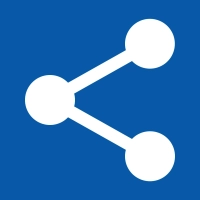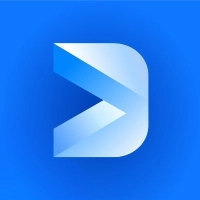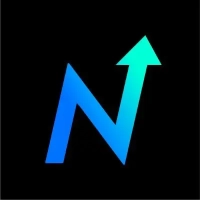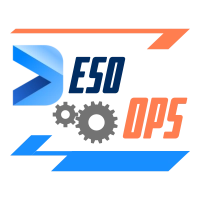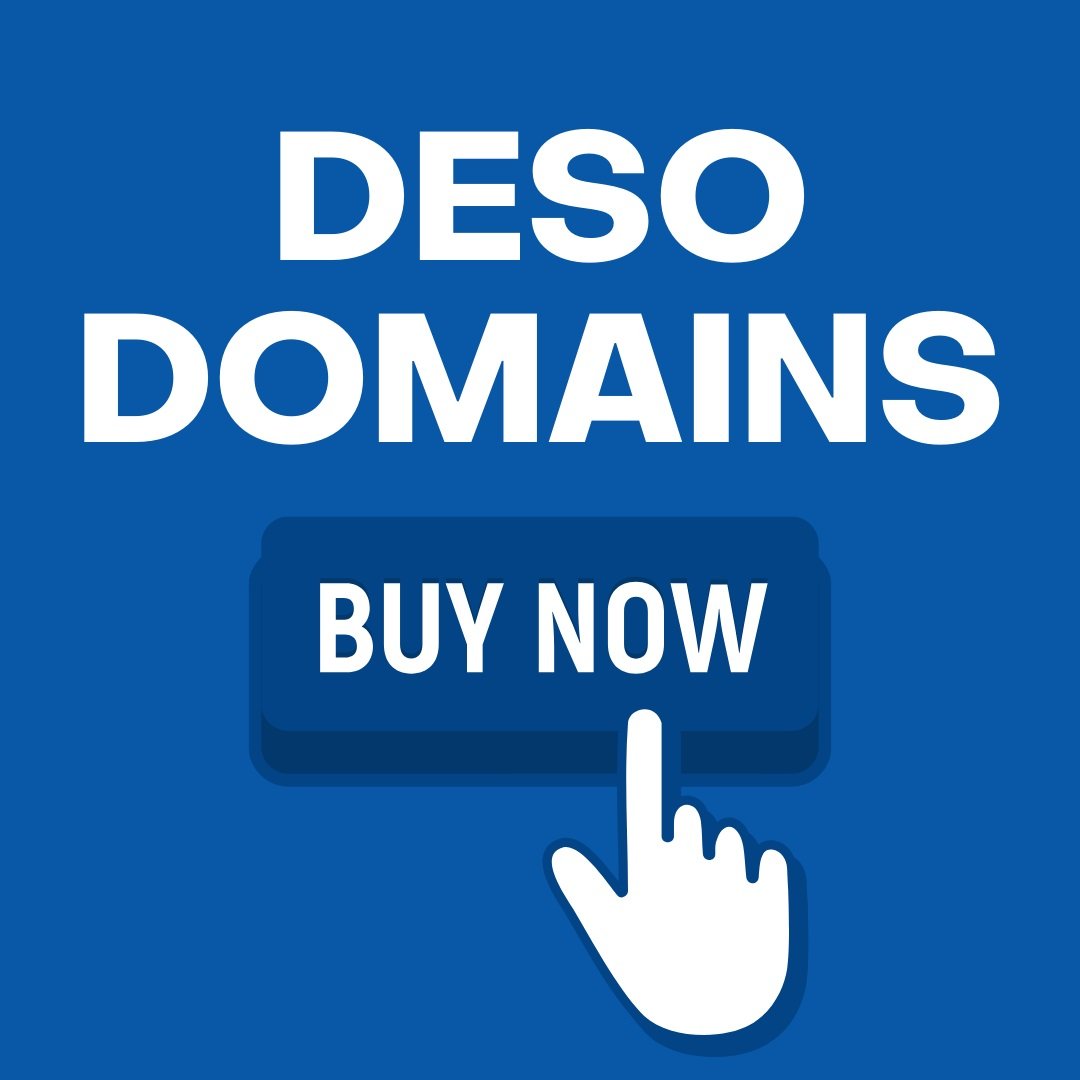The Bridge to the Future: Exploring Web3.0 Social Platforms and their Impact on Decentralized Communication
Web3.0 social platforms are ushering in a new era of decentralized communication, revolutionizing the way we connect and interact online. With blockchain integration and enhanced connectivity, these platforms enable peer-to-peer interaction and innovate the traditional notions of social media. Tokenized relationships and next-gen communication are at the forefront of this transformative digital landscape, paving the way for seamless connections and pioneering technologies. November 18, 2023 17:11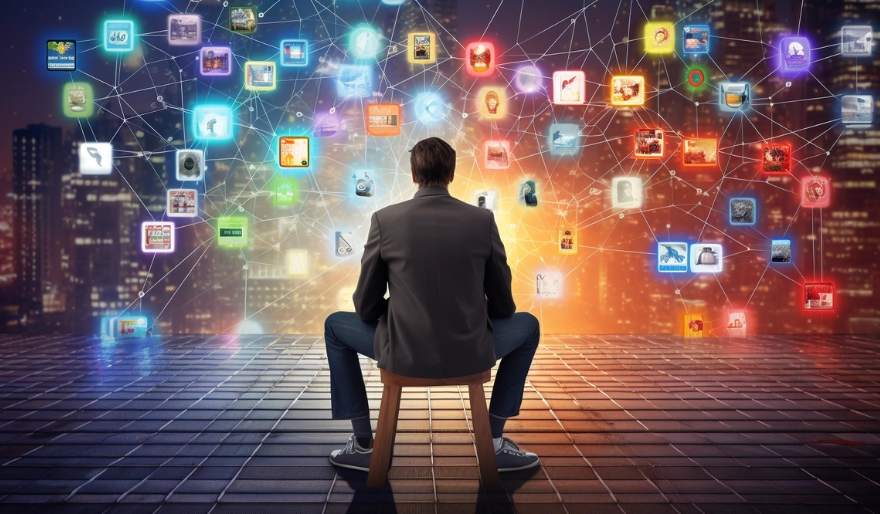
In this blog, we will explore the bridge to the future through the lens of Web3.0 social platforms and delve into their impact on decentralized communication.
Defining Web3.0 and its significance
In order to fully grasp the impact of Web3.0 social platforms on decentralized communication, it is important to understand the concept of Web3.0 itself. Web3.0, also known as the decentralized web or the semantic web, represents the evolution of the internet from a static, read-only platform to a dynamic, interactive space.
Unlike its predecessors, Web3.0 is built on the principles of openness, transparency, and peer-to-peer collaboration. It leverages blockchain technology to power decentralized networks and enable direct interactions between users without the need for intermediaries. This decentralization ensures greater privacy, security, and autonomy for users, fostering a more democratic and egalitarian digital environment.
The significance of Web3.0 lies in its potential to revolutionize not only social platforms but various industries like finance, healthcare, and education. By providing a decentralized infrastructure, Web3.0 social platforms empower users to control their data and reward them for their contributions. This shift in power dynamics holds immense potential to redefine how we communicate, collaborate, and exchange value in the digital age.
In the following sections, we will dive deeper into the specific features and benefits of Web3.0 social platforms, exploring how they shape decentralized communication and pave the way for a more inclusive and equitable digital future. Stay tuned!
The rise of decentralized communication on web3.0 social platforms
The rise of decentralized communication on Web3.0 social platforms marks a significant shift in how we interact and engage with others in the digital realm. These platforms leverage the power of blockchain technology to create a peer-to-peer network where users have full control over their data and can communicate directly without intermediaries.
One of the key features of decentralized communication on Web3.0 social platforms is the enhanced privacy and security it offers. Unlike traditional social media platforms, where user data is vulnerable to breaches and misuse, decentralized platforms prioritize user privacy and give individuals ownership of their personal information.
Moreover, decentralization fosters a more egalitarian and inclusive environment for communication. With no central authority dictating the discourse or censoring content, Web3.0 social platforms allow for a wide range of viewpoints, promoting open discussions and diverse perspectives.
Additionally, these platforms introduce innovative ways for users to engage and collaborate. Through features like decentralized messaging, content sharing, and token economies, communication becomes more dynamic, rewarding, and participatory.
In the next section, we will explore the specific benefits and opportunities that decentralized communication on Web3.0 social platforms brings to individuals and communities and how it can reshape the way we connect and interact online. Stay tuned!
Impact on privacy and security in decentralized communication
Decentralized communication on Web3.0 social platforms has a profound impact on privacy and security. In traditional social media platforms, user data is vulnerable to breaches and misuse, making individuals susceptible to privacy violations and data exploitation. However, with decentralized platforms, users have ownership and control over their personal information, significantly enhancing their privacy and security.
Through the use of blockchain technology, decentralized communication eliminates the need for intermediaries, reducing the risk of data breaches and unauthorized access. This increased security not only protects user data but also builds trust among users, fostering a safer and more reliable online environment.
Furthermore, decentralized communication allows for encrypted messaging and data storage, ensuring that users' conversations and information remain confidential. Without a central authority to monitor and regulate communications, individuals can communicate freely and without fear of surveillance or censorship.
By prioritizing user privacy and security, Web3.0 social platforms are empowering individuals to take full control over their personal data and communicate in a safe and protected manner. In the next section, we will delve deeper into the specific benefits of decentralized communication and how it can transform the way we connect and interact online. Stay tuned for more exciting insights!
Empowering individuals through user ownership of data
Decentralized communication on Web3.0 social platforms not only enhances privacy and security but also empowers individuals through user ownership of data. In traditional social media platforms, user data is often collected, stored, and monetized by the platform itself, leaving individuals with little to no control over their own information.
With decentralized platforms, users have full ownership and control over their personal data. Blockchain technology ensures that data is stored securely and cannot be accessed or exploited without user consent. This shift in control gives individuals the power to decide how their data is used and shared, eliminating the monopoly that traditional social media platforms have over user information.
By enabling users to become the rightful owners of their data, Web3.0 social platforms foster a sense of autonomy and empowerment. Individuals can choose whether to share their data, who to share it with, and even monetize their own information if they wish to do so.
This user-centric approach to data ownership is a significant step towards a more equitable and transparent digital landscape. Web3.0 social platforms are leading the way in redefining the relationship between users and their data, putting individuals back in control and ensuring that their information is used for their benefit, not exploited for profit. Stay tuned to explore more about the transformative potential of decentralized communication on Web3.0 social platforms.
Embracing new possibilities for creative collaboration
With the shift towards Web3.0 social platforms and decentralized communication, there is a world of new possibilities for creative collaboration. These platforms provide a fertile ground for individuals and communities to come together and collaborate on projects, ideas, and art in ways that were not previously possible.
In traditional social media, the algorithms and centralized control can often stifle creativity and limit the reach of creative endeavors. However, on Web3.0 platforms, the power is returned to the users, allowing for more diverse and inclusive creative spaces. Communities can form around shared interests and passions, and individuals can connect with like-minded people from across the globe.
The decentralized nature of these platforms also opens up opportunities for peer-to-peer transactions and crowdfunding, allowing artists and creators to directly receive support and compensation for their work. This eliminates the need for intermediaries and empowers creators to monetize their skills and talents on their own terms.
As we move forward into the world of Web3.0 social platforms, we can expect to see a blossoming of collaboration and creativity like never before. The bridge to the future is one paved with the power of connection and the potential for limitless collaboration.
Challenges and limitations of web3.0 social platforms
While web3.0 social platforms offer immense potential for collaboration and creativity, it is important to acknowledge the challenges and limitations that come with this new frontier of decentralized communication. One of the key challenges is the learning curve associated with these platforms. As they are still emerging technologies, users may need to familiarize themselves with new protocols, wallets, and navigation systems in order to fully participate.
Another limitation is the scalability issue, as web3.0 platforms are still in their early stages of development. The current infrastructure may not be able to handle large-scale usage, resulting in slower transaction times and higher fees. This can hinder the seamless experience that users are accustomed to on traditional social media platforms.
Moreover, the decentralized nature of web3.0 platforms also poses concerns over the spread of misinformation and hate speech. Without centralized moderation, it becomes crucial for users to take responsibility for filtering and verifying information. Additionally, privacy and security vulnerabilities need to be addressed, ensuring that users can engage in these platforms without compromising their personal information.
Despite these challenges and limitations, the potential for web3.0 social platforms to revolutionize decentralized communication and empower creators is undeniable. As technology advances and more users adopt these platforms, we can expect to see solutions and innovations that address these concerns, making web3.0 a truly transformative tool for collaboration in the future.
The future of decentralized communication and its potential for global connectivity
The future of decentralized communication holds immense potential for global connectivity. Web3.0 social platforms have the power to break down barriers and connect individuals from different corners of the world, fostering collaboration and cross-cultural understanding. By eliminating the need for intermediaries and allowing direct peer-to-peer interactions, these platforms empower individuals to communicate and share ideas freely.
In a decentralized communication ecosystem, users have more control over their data and can choose who they share it with. This shift in power from centralized authorities to individuals ensures greater privacy and security. Additionally, the transparent nature of blockchain technology enables trust and accountability among users, minimizing the spread of fake news and misinformation.
Furthermore, web3.0 social platforms have the potential to bridge the digital divide by providing access to communication tools and resources to underserved communities. Through decentralized networks, individuals in remote areas can connect with the world, access educational resources, and participate in global discussions.
As we navigate the path towards web3.0, it is crucial to foster a community that prioritizes inclusivity, diversity, and respect. By harnessing the power of decentralized communication, we can create a future where individuals are connected, voices are amplified, and collaborative efforts drive positive change on a global scale.
Harnessing the power of web3.0 for a decentralized and interconnected world
In conclusion, the emergence of web3.0 social platforms signifies a pivotal moment in the evolution of communication. With their ability to break down barriers, empower individuals, and foster collaboration, these platforms hold immense potential for creating a decentralized and interconnected world.
By shifting power from centralized authorities to individuals, web3.0 platforms ensure greater privacy, security, and transparency. The elimination of intermediaries allows for direct peer-to-peer interactions, enabling users to have more control over their data and choose who they share it with. This shift also minimizes the spread of fake news and misinformation, as blockchain technology promotes trust and accountability.
Additionally, web3.0 social platforms have the power to bridge the digital divide, providing access to communication tools and resources for underserved communities. Through decentralized networks, individuals in remote areas can connect with the world, access educational resources, and actively participate in global conversations.
However, as we embrace this new era of decentralized communication, it is crucial that we foster a community that values inclusivity, diversity, and respect. By harnessing the power of web3.0, we can create a future where individuals are connected, voices are amplified, and collaborative efforts drive positive change on a global scale.
It is our responsibility to champion this movement and ensure that the potential of web3.0 social platforms is harnessed for the greater good. Together, let us build a decentralized and interconnected world that empowers individuals and brings diverse voices to the forefront.
User Comments (0)
Popular DeSo Apps

